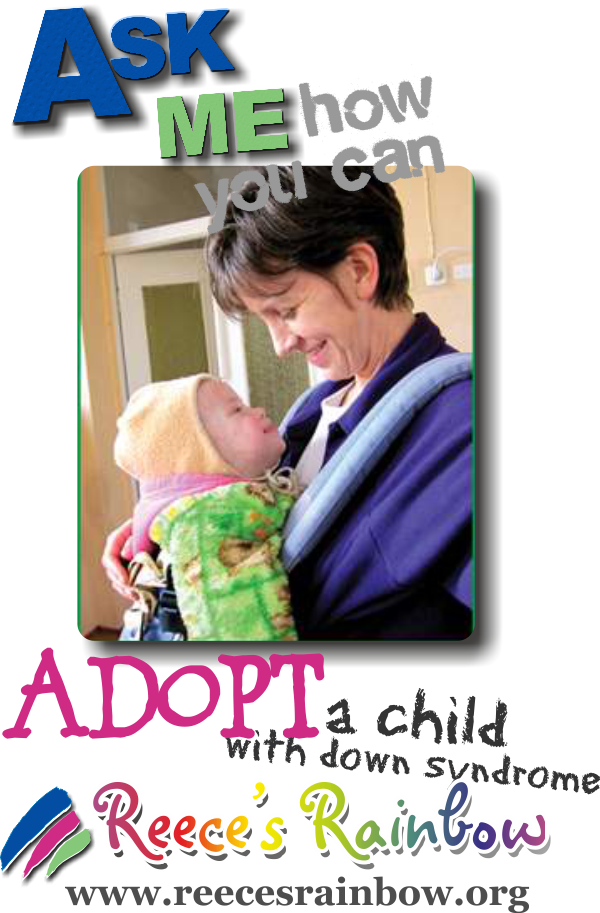First and foremost, I want to be proactive with the girls but, don't want to have them on loads of supplements. I am not a more is always better kinda girl ;)
We have seen huge language and memory improvements in each of our girls on the supplements that they take. We haven't seen any negative side effects.
If you have done any research on down syndrome and Alzheimer's you know that researchers and scientists have located several genes on chromosome 21 that are involved in the aging process which contribute to the increased risk of Alzheimer’s disease. It is this unique property of chromosome 21 which makes this a specific concern for people with Down syndrome, and not for all individuals with other forms of intellectual disability. (NDSS).
After much research I decided that gingko would be a great addition to the girls diet. Web MD states "Ginkgo seems to improve blood circulation, which might help the brain, eyes, ears, and legs function better. It may slow down Alzheimer’s disease by interfering with changes in the brain that interfere with thinking."
Changing Minds Foundations has a good article about gingko here.
Andi Durkin has compiled lots of information and research here.
I have had both girls on gingko (which I buy from Puritan's Pride online) for a long time. I started Alayna before we brought Dariya home and I started Dariya as soon as she came home from Ukraine in 2011. In both girls I saw a huge jump in language after they began taking gingko. They take 3 mg per pound of body weight 3 times daily, as the half life for ginkgo is only 4-6 hours. For example, Dariya weighs around 43 pounds, so 43*3=129 so she takes 120 mg of gingko 3 times daily. The ones I buy are in capsule form and the girls both take them whole with applesauce or yogurt. I wouldn't suggest opening the capsule as it tastes really bad.
This summer we added curcumin. We started with 500 mg a day and have slowly increased that amount to 1500 mg a day. I buy this also from Puritan's Pride. After much research I found that Meriva helps the curcumin cross the blood brain barrier easily just like the longvida brand that is made by Nutrivene (specific vitamins for people with ds) but the one I buy is WAY less expensive. Again, these are rather large capsules but both our girls swallow them with applesauce or yogurt.
From Teresa Cody's blog
"I finally had a chance to research curcumin and I am delightfully surprised. It has some properties similar to "prozac but it has even more. One research study I found looked at curcumin using what is called an 'unpredictable stress model'. It is when the researchers stess the mice in randam, unpredictable ways. They have found this to be the most stressful. If stress is consistent and/or predictable, it is not as hard on the body or brain.
Curcumin did increase neurogenesis by increasing serotonin and BDNF (brain derived neurotrophic factor). But it did something more that I think may be the biggest help to Down syndrome.
Curcumin is an anti-inflammatory as well as an antioxidant, but that is not the most intriguing part of the research. Lots of herbs and vitamins are anti-inflammatory or have antioxidant properties.
The most intriguing part is the idea that curcumin is structurally capable of binding to amyloid plaques and breaking up the aggregation of them. Curcumin literally sticks itself to the junk (amyloid plaque) and breaks up the group of them stuck together.
This group of junk clogs up the brain and stops it from working.
Down syndrome has a triplicate copy of the APP gene. Amyloid precursor protein gene. This is the gene associated with Alzheimer's disease. In Alzheimer's disease, brain researchers find the brains full of plaques and tangles. The plaques are called amyloid plaques.
Now, the big drawback I see to curcumin is getting it into the brain. It doesn't cross the BBB (blood brain barrier) easily.
I think curcumin is a fantastic addition for the health of the Down syndrome brain (and probably everyone would benefit)."
The girls also take a green source multivitamin daily, coconut oil on their toast and fish oil in their yogurt to round out our supplements.
Again, there are many supplements out there and there are people on both sides of the supplement fence. If you are interested in supplements for you or your child do your research, read about all the positive and negatives of them before you give them. Also, keep track of what you add to your child's diet so that you can see if it made a difference or if they had a negative reaction to it.
If you have any other questions don't hesitate to ask! Is your child on supplements? If so, what and what positives have you seen from them?







2 comments:
Whoooweee...that's a lot of stuff to take in to my little brain. If curcumin has a hard time crossing the blood brain barrier, how do we know it's doing anything or how do we *make* it do something?
As we age, we lose proteins that support our brain.Prevagen supplements these proteins during the natural process of aging.* Prevagen is clinically shown to help with mild memory problems associated with aging.
Nootropics
Post a Comment